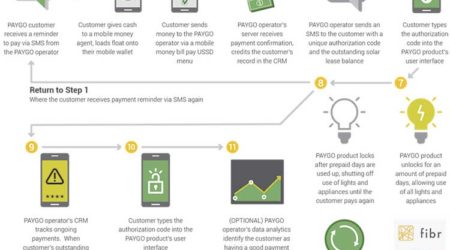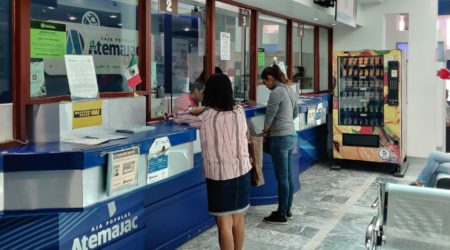Financial Inclusion for Refugees: Laying the Foundation for a Business Case for Financial Industry Players in Uganda
On Friday 8th December, FSD Uganda held a roundtable event in Kampala to provide a platform for stakeholders to discuss Financial Inclusion for Refugees in Uganda. Representatives from financial service providers (FSPs), development partners, donors, and non-governmental organizations (NGOs) shared their experiences in providing refugees with access to formal financial services. Stakeholders also discussed the opportunities and challenges in delivering financial services to refugee settlements.
The event also provided a learning opportunity to the attendees, with insights from the recently concluded design sprint and market sizing work carried out by FSD Africa and BFA Global for the refugee community in Rwanda shared during the roundtable session.
Key Takeaways
The main takeaways from the roundtable discussion focused on data, business case, partnerships, financial literacy, and know your customer (KYC) guidelines.
Data
The lack of current, actionable data is a major pain point for FSPs, particularly as the refugee population has nearly doubled to circa 1.4 million over the past 18 months. FSPs would like access to data on the refugee population such as income levels or monthly cash inflows, sources and consistency of income and cash inflows, financial needs, educational levels, and familiarity with digital financial products and channels.
Although some NGOs such as World Vision have some data, the data is often neither comprehensive, easily accessible nor in “language” the FSPs can understand.
In general, there is not enough current quantitative and qualitative data on refugees for FSPs to make informed investment decisions on the refugee segment.
Business Case
FSPs would like support to develop a business case for serving refugees profitably and sustainably. A major cost consideration for FSPs relates to establishing delivery channels, particularly in refugee settlements in Northern Uganda that have no access to electricity and poor telecom network coverage. The relatively high cost of deploying and maintenance of these delivery channels impacts on the business case for serving refugees. Without any line of sight to what the potential revenue opportunities may be, FSPs deem it impossible to make strategic investment decisions.
It was noted that FSPs consider the service fees that NGOs and donors pay for humanitarian cash transfers to refugees to be an important revenue stream in a business case, particularly as the operational costs associated with providing delivery channels is relatively high.
Attendees noted that products FSPs develop for refugees are also likely to be suitable for low-income citizens. Thus, host and other low-income communities present a potential opportunity for FSPs, which should be assessed when developing a business case for serving refugees.
Partnerships
FSPs stressed the need for collaboration between development partners, NGOs, and the private sector to achieve a common objective. FSPs also acknowledged the need for banks, mobile money operators and fintechs to forge partnerships that leverage technology and agency channels.
These partnerships have the potential to lower the cost of delivering financial services to refugee settlements and host communities. Indeed, a direct result of the roundtable was a new partnership between a key mobile money telecom provider in the Northern Uganda region and a bank keen to extend its presence and services through the telecom’s channels.
Financial Literacy
FSPs are concerned about the relatively low levels of financial literacy among the refugee population. In addition, communicating with refugees from South Sudan can be challenging as many of them do not speak English or the main local languages in Uganda.
Addressing financial literacy gaps will be critical in driving the adoption and usage of financial products among refugee populations. Delivering the needed financial literacy interventions is likely to require significant investment. FSPs do not seem to have the appetite to fund financial literacy interventions given its impact on the business case.
Know Your Customer (KYC) guidelines
FSPs expressed concern that existing KYC guidelines are restrictive for refugees, particularly as refugees in settlements may not be able to provide a physical address or a letter of introduction from a community leader.
It is important for the private sector and development partners to engage the regulator to craft a tiered KYC-lite framework that will make it relatively easier for refugees to access financial services without compromising risk.
FSD Uganda has embarked on a journey to facilitate FSPs’ provision of financial services to refugees. By better understanding the challenges that FSPs face in doing so, FSD Uganda will develop market-system based interventions to include data provision through research, technical assistance for business modelling/product development, facilitation of regulatory roundtables and financial incentives for piloting and scaling of services starting in 2018.


